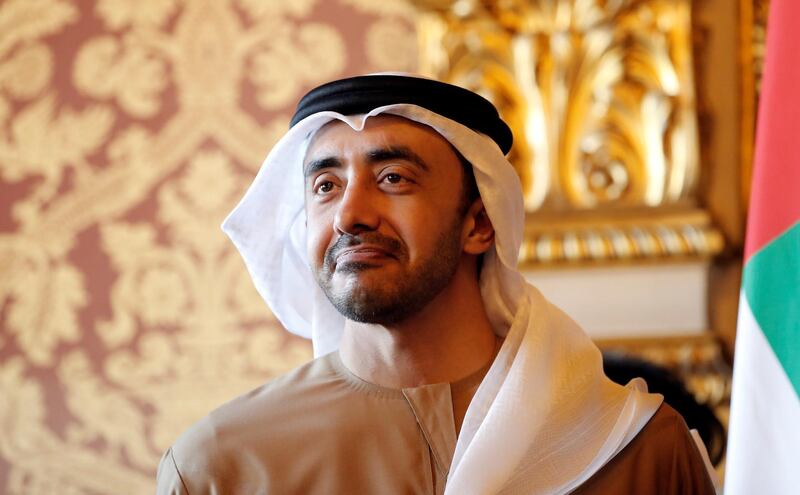As President Sheikh Khalifa declared when he announced that 2019 would be the Year of Tolerance, this simple principle provides the foundation of a cohesive society that is open to people of different cultural backgrounds and religions. Yesterday Sheikh Mohammed, Vice President and Ruler of Dubai, elaborated on those ties of acceptance and openness, which bind together society as one coherent whole, distant from "all forms of discrimination and bias".
In a world which has seen a sharp rise in intolerance, defining such national values is critical. Intolerance left unchecked can trigger hostility, persecution, discrimination and hate crimes based on gender, disability, race or religion. The UAE thankfully has low rates of such incidents, but that doesn’t mean acts of intolerance do not occur occasionally, nor that there is no room or appetite for continuous improvement.
Elsewhere, a 2018 FBI report stated hate crimes in the US were up 17 per cent from the previous year, making it the third year in a row to see an increase. The report also described an unusually large rise in the number of religion-based hate crimes. Similarly, data published by the UK’s Home Office shows a worrying trend in England and Wales, with a rise of 17 per cent in hate crime since 2016. Meanwhile in India, the Ministry of Home Affairs reported a 28 per cent rise in violence against ethnic communities between 2014 and 2018.
The idea that tolerance is an important national value was enshrined in the 1995 Unesco Declaration of Principles on Tolerance. The essence of the universal statement was that tolerance was intrinsic to ensuring the peaceful co-existence of our increasingly diverse communities. It went on to exalt and praise tolerance as “the virtue that makes peace possible”.
_____________________
Read more from Justin Thomas:
[ Talking about a resolution: how to stick to New Year plans ]
[ When it comes to mental health, you need to trust your gut ]
[ Why Michelle Obama feels like a fraud ]
_____________________
The UAE has not been complacent in this respect. In 2016 it became the first nation on earth to appoint a Minister of State for Tolerance. A year later, it launched the International Institute for Tolerance, with countering extremism one of its fundamental aims. These developments follow a federal law in 2015 aimed at combating discrimination and hatred in the UAE. Importantly, this law also applied to online communication, where levels of intolerance are particularly high. On Twitter and Facebook, for instance, there are countless examples of derogatory and disrespectful speech targeting victims based on identity, race or religion, which go up quicker than they can be removed by website administrators. Big data researchers from California's Humboldt State University launched a website called Geography of hate: geotagged hateful tweets in the United States, mapping out tweets containing derogatory words by region.
Hate speech and hate crimes are extreme acts of intolerance but more subtly and less dramatically - yet perhaps more commonly – it can lead to exclusion. We avoid or curtail our interactions with those we don’t identify or empathise with. In many cases, intolerance arises from ignorance or fear of the “other”.
That's why the Year of Tolerance seems to me a great way to capitalise on and celebrate an existing national strength. It's a chance to make an extra effort to embrace and understand those who might seem different at first sight. Other nations could learn from, and emulate, the UAE's example of enshrining a better understanding of others both in law and in social awareness campaigns. Open communication and a respectful exchange of ideas are hallmarks of tolerance. With time and dialogue, tolerance can develop into acceptance and appreciation. Most of us would like to be understood rather than simply tolerated. I am optimistic that this year, many of us will strive to recognise and appreciate the diverse individuals living in the UAE – one tiny step towards global, peaceful co-existence.
Dr Justin Thomas is a professor of psychology at Zayed University





